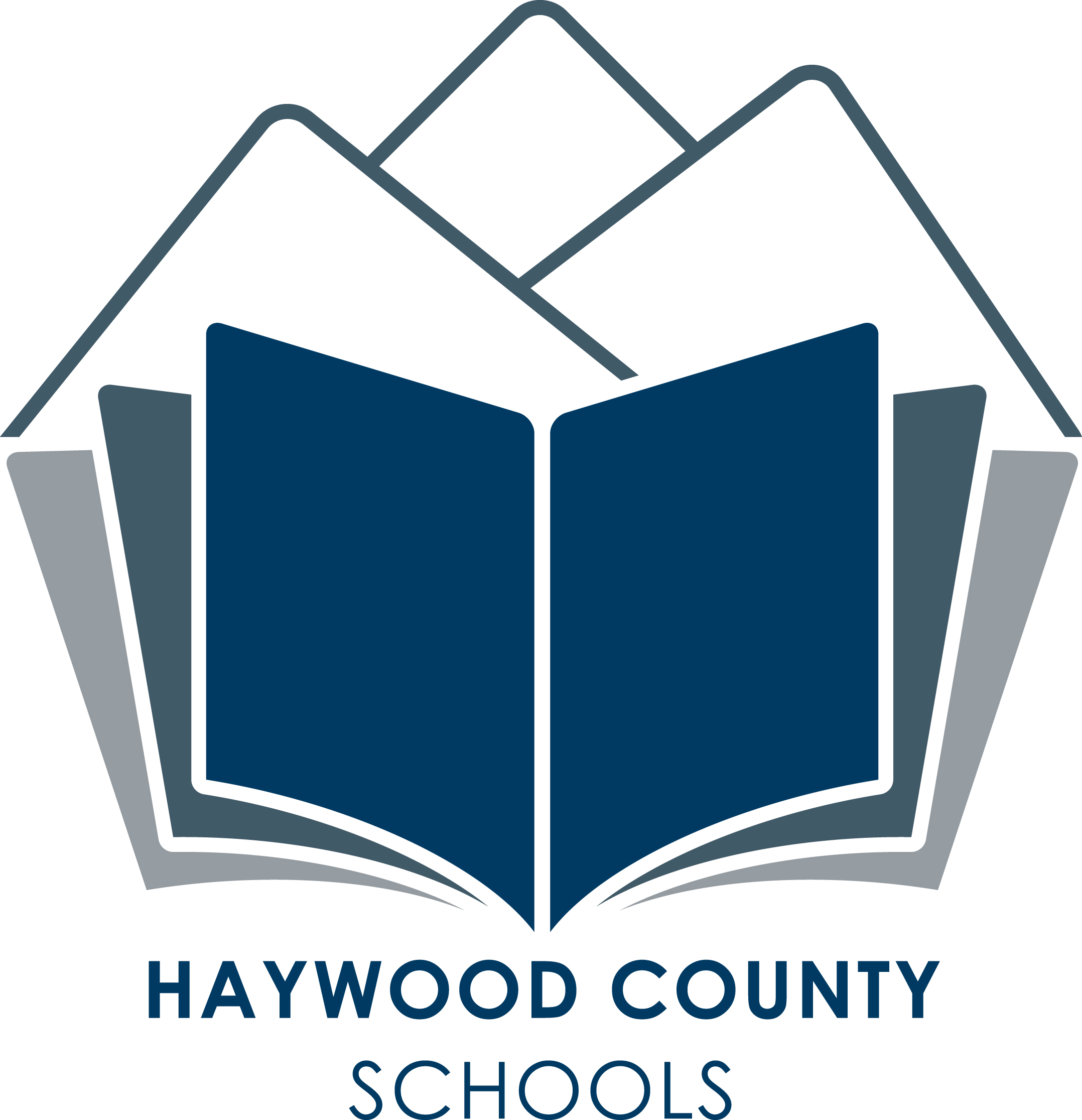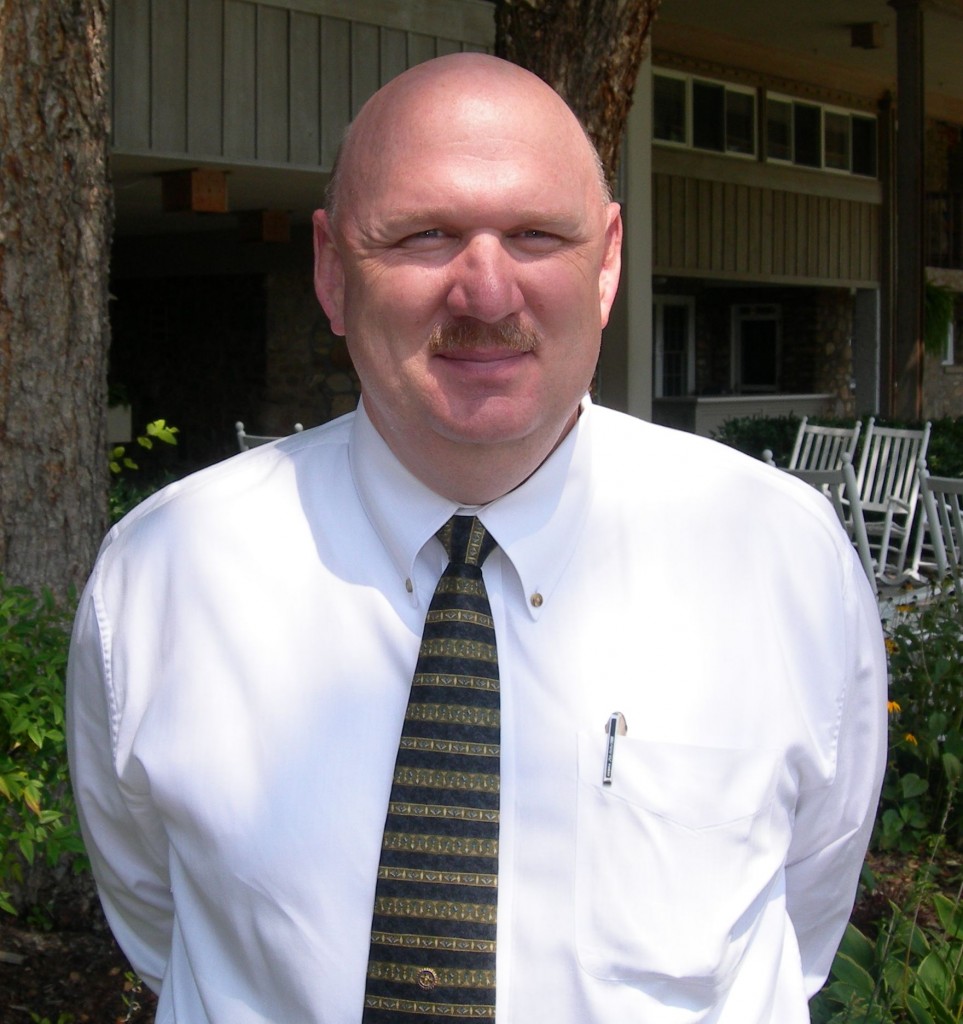Every year there are questions about student clubs and organizations … especially if the clubs have a religious or controversial social focus. Most folks seem to have a polarized view of what the law actually says. I suspect they have been swayed by people with extreme views. As with many situations, legal reality is somewhere between the “all” and “nothing” touted by those with political interests or agendas.
There are essentially two types of student clubs and organizations (1) curriculum and (2) non-curriculum. Curriculum clubs are directly connected to a specific course or courses at the school. Classic examples of curriculum clubs are FFA, Envirothon and Spanish Club. Curriculum clubs are school driven and may be managed by teachers or other staff members. Non-curriculum clubs are not tied to the curriculum and may represent any legal topic in which students are interested. Classic examples of non-curriculum clubs are Sportsman Club, Key Club, Bible Club, SADD, FCA and Diversity Club. Non-curriculum club activities are run by students with school staff advisors.
There are two primary legal standards for establishment of non-curriculum clubs at school. The first legal standard is the Establishment Clause of the First Amendment of the U.S. Constitution. This essentially deals with the government’s role in establishing or not establishing religion. We sometimes forget that many people originally came to America because they did not want “the state” to tell them what they should believe (religion) or what their personal social interests should include. This is essentially why we have the First Amendment.
The second legal standard is “equal access” which is grounded in the Fourteenth Amendment of the U.S. Constitution. Equal access establishes consistent (equal) opportunity for all groups when it comes to accessing public schools or other public agencies. Basically, religious groups have the same legal access as non-religious groups when it comes to public schools. For example, if schools share information about community soccer or community swim team registration, then schools must also share similar information about Vacation Bible School registration. The access for religious groups is equal … not more access … and not less access. Likewise, schools with religious clubs (FCA, Bible Club, etc.), must allow students to form other clubs that may have a different focus than the religious clubs. Again, the access is equal … not more access … and not less access.
Okay, so students may have a variety of non-curriculum clubs. Are there any limits on club activities? (1) Clubs must be student generated and student operated with limited staff advisement. (2) Clubs must limit activities to non-instructional times. (3) Club activities must be legal. (4) Club activities must be designed to be encouraging rather than disruptive. The last point is probably the most important. Clubs members should be: compassionate in helping others, concerned for the well-being of others, considerate of others, dependable at school and at home, fair in the treatment of others, honest and forthright in action, humble rather than arrogant, kind rather than rude, merciful rather than punishing and peaceful rather than confrontational.

